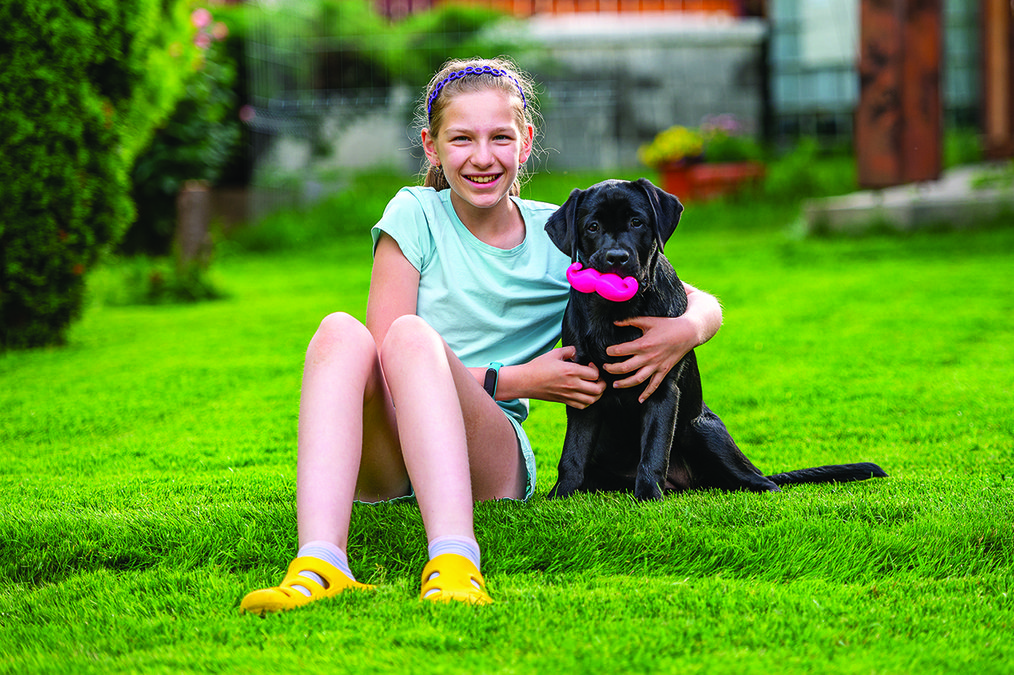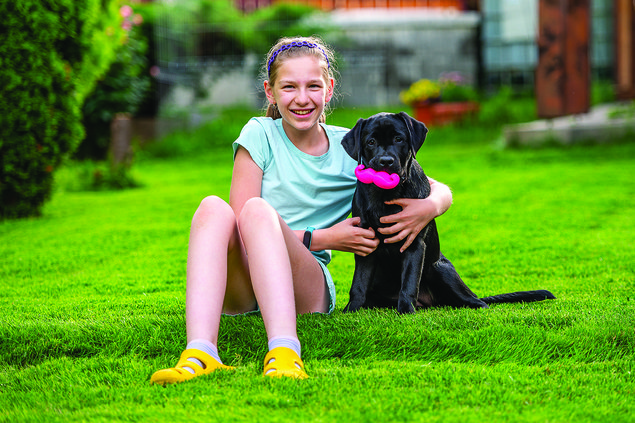Welcoming a new puppy into a home is a rewarding and exciting venture that comes with a good deal of responsibility. The first few months of a young dog’s life are essential for development, which impacts the puppy’s behavior, health and well-being for the duration of the animal’s life. It’s crucial to provide proper care, nutrition and guidance to a puppy in order to lay a foundation for a healthy, well-adjusted dog. These pet care tips can help establish such a foundation.
Health check
Make an appointment with a veterinarian for a health and wellness check upon bringing a puppy home. Vaccinations are vital for protecting a puppy from highly contagious and potentially fatal diseases. Core vaccinations include protection against distemper, adenovirus, parvovirus, and rabies. Initial sets of shots start around six to eight weeks of age, with boosters given every two to four weeks until the puppy is about 16 weeks old, according to PetSmart. Additional recommended vaccines include Bordetella, leptospirosis and Lyme disease. It’s key to keep a puppy close to home unless the pet has received a full vaccination series and has fully developed immunity, typically two weeks after the final vaccine.
Unfortunately, some rescued animals may have parasites like fleas or intestinal worms that also will need to be treated under the guidance of a vet.
Nutrition
Puppies have unique nutritional needs that differ from adult dogs. They require more protein, energy and specific vitamins and minerals to fuel rapid growth. The National Research Council of the National Academy of Sciences estimates that the energy needs of a puppy are double those of an adult dog of the same breed. Pet parents should choose puppy-specific foods that meet the nutritional standards established by organizations like the Association of American Feed Control Officials (AAFCO).
Due to their smaller stomachs and higher metabolisms, puppies need smaller, more frequent meals throughout the day. This means three to four meals per day until the pet reaches maturity at around six months. Vets say puppies usually can be transitioned to adult food when the puppy reaches 80 percent of their projected adult growth. Small breeds may reach this around nine to 10 months of age, while large breeds may do so between 12 and 16 months.
Socialization
Socialization is a critical aspect of puppy care, and can shape the behavior and temperament of a dog. The sensitive period for socialization is between three to 16 weeks of age. Exposing the puppy to diverse experiences, people, sights, and friendly dogs can help. Socialization should be positive and involve rewarding the dog with plenty of treats and praise when it behaves well.
Training
It’s important to begin training early to establish clear communication and build a strong bond between the puppy and owner. Positive reinforcement, which rewards desired behaviors with treats, play and praise, is the training method that most experts recommend. Begin with basic commands like, “sit,” “stay,” “come,” and “leave it.” Consistency is key, and keep training sessions short and fun.
Establishing a consistent potty schedule and rewarding the puppy immediately when they eliminate in the right spot can help develop house training skills.





